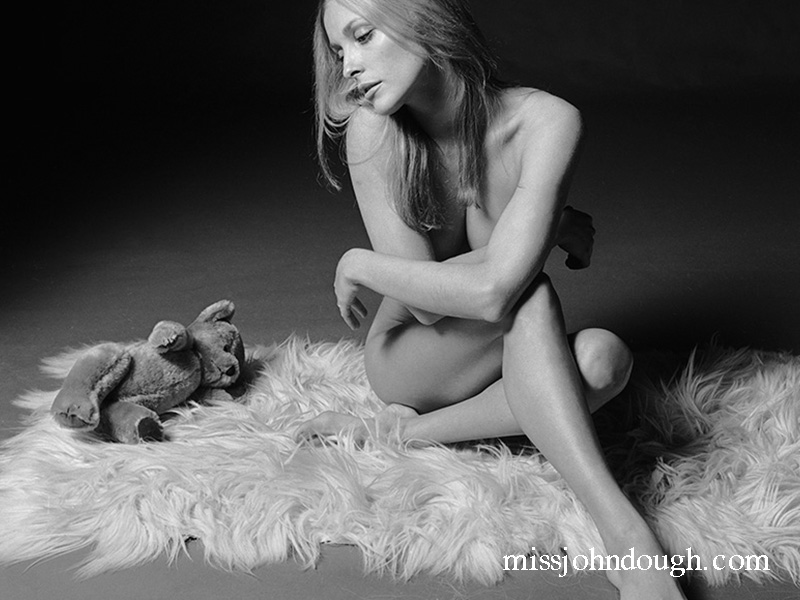Sharon Tate remains an enduring figure in Hollywood’s history, known for her beauty, grace, and tragic end. However, her legacy extends far beyond the infamous circumstances surrounding her death. She was a rising star in the 1960s, leaving a mark with her charm, talent, and striking appearance. In this article, we will explore the life and career of Sharon Tate, her lasting influence on Hollywood, and how she became a symbol of the 1960s era.
Sharon Tate’s Early Life and Rise to Fame
Sharon Marie Tate was born on January 24, 1943, in Dallas, Texas. From a young age, it was clear that Sharon possessed remarkable beauty, which would eventually open doors for her in the entertainment industry. However, her early life was filled with constant relocation due to her father’s military career. Despite these frequent moves, Sharon developed a strong sense of independence and resilience, qualities that would serve her well in her future Hollywood career.
Her breakthrough came in the early 1960s when she started modeling and appearing in small television roles. Sharon Tate’s natural beauty quickly caught the attention of Hollywood producers, leading her to secure more significant acting opportunities. With her delicate yet powerful presence, she quickly became one of the most photographed and admired actresses of her time.
Sharon Tate’s Iconic Roles
Sharon Tate’s rise to fame was bolstered by her performance in various films during the 1960s. One of her most notable roles came in Valley of the Dolls (1967), where she portrayed Jennifer North, a glamorous yet troubled actress. Her performance in the film was well-received, and it showcased her ability to bring vulnerability and depth to her characters. This role cemented her place as a rising star in Hollywood.
Another significant film in her career was The Fearless Vampire Killers (1967), directed by Roman Polanski, who would later become her husband. The movie, a horror-comedy, allowed Sharon to showcase her versatility as an actress, further demonstrating her talent and expanding her fan base. Polanski’s artistic vision and Sharon’s ability to adapt to various genres made her a sought-after actress in the late 1960s.
Sharon Tate’s Beauty and Influence on 1960s Fashion
Apart from her acting, Sharon Tate became a style icon of the 1960s. Her beauty epitomized the glamour of the era, with her soft blonde hair, flawless complexion, and statuesque figure. Sharon’s fashion sense was admired by many, and she often appeared in magazines and advertisements, solidifying her status as a trendsetter.
The “Sharon Tate look” became synonymous with the free-spirited, bohemian styles of the 1960s. She embraced minimalist makeup and effortlessly chic outfits that emphasized her natural beauty. Sharon was often photographed in casual yet elegant clothing, which reflected the shift towards a more relaxed, laid-back approach to fashion in that era. Her influence on 1960s fashion remains evident today, as modern fashionistas still draw inspiration from her iconic looks.
Marriage to Roman Polanski
Sharon Tate’s marriage to filmmaker Roman Polanski is one of the most talked-about aspects of her life. The couple met while filming The Fearless Vampire Killers, and their whirlwind romance captivated the public’s attention. They married in 1968 in a glamorous ceremony that was widely covered by the media.
Sharon and Roman were seen as a power couple in Hollywood, with both excelling in their respective careers. Polanski’s status as a visionary director, combined with Sharon’s rising stardom, made them one of the most influential couples in the entertainment industry. Despite their busy schedules, they shared a deep love and affection for each other, which was evident in their public appearances and interviews.
The Tragic End and Legacy
Despite her promising career and seemingly perfect life, Sharon Tate’s story took a tragic turn in August 1969. She was brutally murdered in her home by members of the Manson Family while she was eight months pregnant. The horrifying event shocked the world and marked one of the darkest moments in Hollywood history.
Although her life was tragically cut short, Sharon Tate’s legacy has continued to live on. Her death became a symbol of the end of the 1960s’ innocence, but her career and personal life have been celebrated in various books, documentaries, and films. Sharon’s story has also become a point of reflection on the fragility of life and the dangers that can come with fame.
Sharon Tate’s Enduring Influence in Pop Culture
Even decades after her death, Sharon Tate’s influence on popular culture remains undeniable. She has become a pop culture icon, with her image often being used to represent the 1960s era in fashion, cinema, and art. Modern films, such as Once Upon a Time in Hollywood (2019), which featured Margot Robbie as Sharon Tate, have reignited interest in her life and legacy. These portrayals ensure that new generations learn about Sharon’s life, talent, and contributions to Hollywood.
Beyond her tragic end, Sharon Tate is remembered for her beauty, kindness, and talent. Those who knew her personally often described her as a gentle and caring individual who had a bright future ahead of her. This aspect of her character is often overshadowed by the way her life ended, but it is an essential part of her legacy that continues to resonate with fans worldwide.
Sharon Tate: A Symbol of Hollywood’s Golden Age
Sharon Tate is often viewed as one of the last symbols of Hollywood’s golden age. Her career, though short-lived, was filled with potential, and her personal style and charisma made her an unforgettable figure. As an actress, model, and fashion icon, Sharon Tate left an indelible mark on the entertainment industry. Her tragic death adds to her mystique, but it is her talent and grace that have ensured her place in Hollywood history.
Sharon’s life and career are a reminder of the fleeting nature of fame and the impact that one person can have on an entire generation. She embodied the beauty and optimism of the 1960s, and her memory continues to be cherished by fans and fellow actors alike.
Conclusion
Sharon Tate’s life was filled with beauty, talent, and promise, making her one of the most memorable figures of 1960s Hollywood. While her tragic death often overshadows her accomplishments, Sharon Tate’s influence as an actress, fashion icon, and cultural figure remains powerful. Her contributions to the entertainment industry and her lasting impact on fashion and popular culture continue to inspire generations.
Sharon Tate was much more than just a rising star—she was a symbol of an era, representing the hope, creativity, and elegance of the 1960s. Her legacy will forever be intertwined with Hollywood’s history, reminding us of the brilliance and fragility of life in the spotlight.


